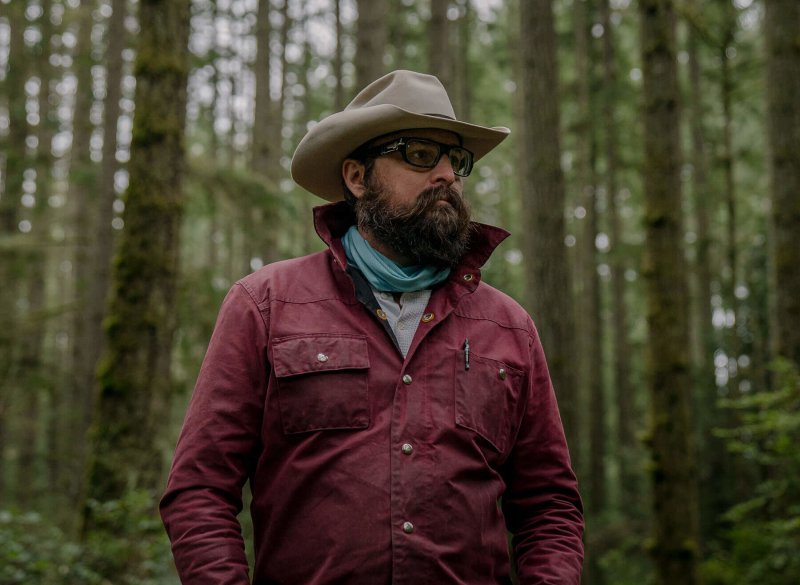[I]n mid-December, after a mild case of Covid-19, [49-year-old former marine Ivan Agerton] was seized by a kind of psychosis that turned life into a nightmare. He couldn’t sleep, worried he had somehow done something wrong, suspected ordinary people of sinister motives and eventually was hospitalized in a psychiatric ward twice.
Mr. Agerton’s experience reflects a phenomenon doctors are increasingly reporting: psychotic symptoms emerging weeks after coronavirus infection in some people with no previous mental illness.
Doctors say such symptoms may be one manifestation of brain-related aftereffects of Covid-19. Along with more common issues like brain fog, memory loss and neurological problems, “new onset” psychosis may result from an immune response, vascular issues or inflammation from the disease process, experts hypothesize.
In the hospital, [psychiatrist Dr. Veronika] Zantop prescribed different antipsychotic and anti-anxiety medications. Six days later he had improved enough to return home.
Recently, Mr. Agerton said he felt considerably better, with 90 percent of the paranoia gone. His sense of smell is beginning to return. He hopes that signals lasting improvement.
It’s unclear how long he will need medication and when he will be able to resume his adventurous work.
“There’s this fear of how long is this going to happen,” he said. “How long am I going to live with this?”































